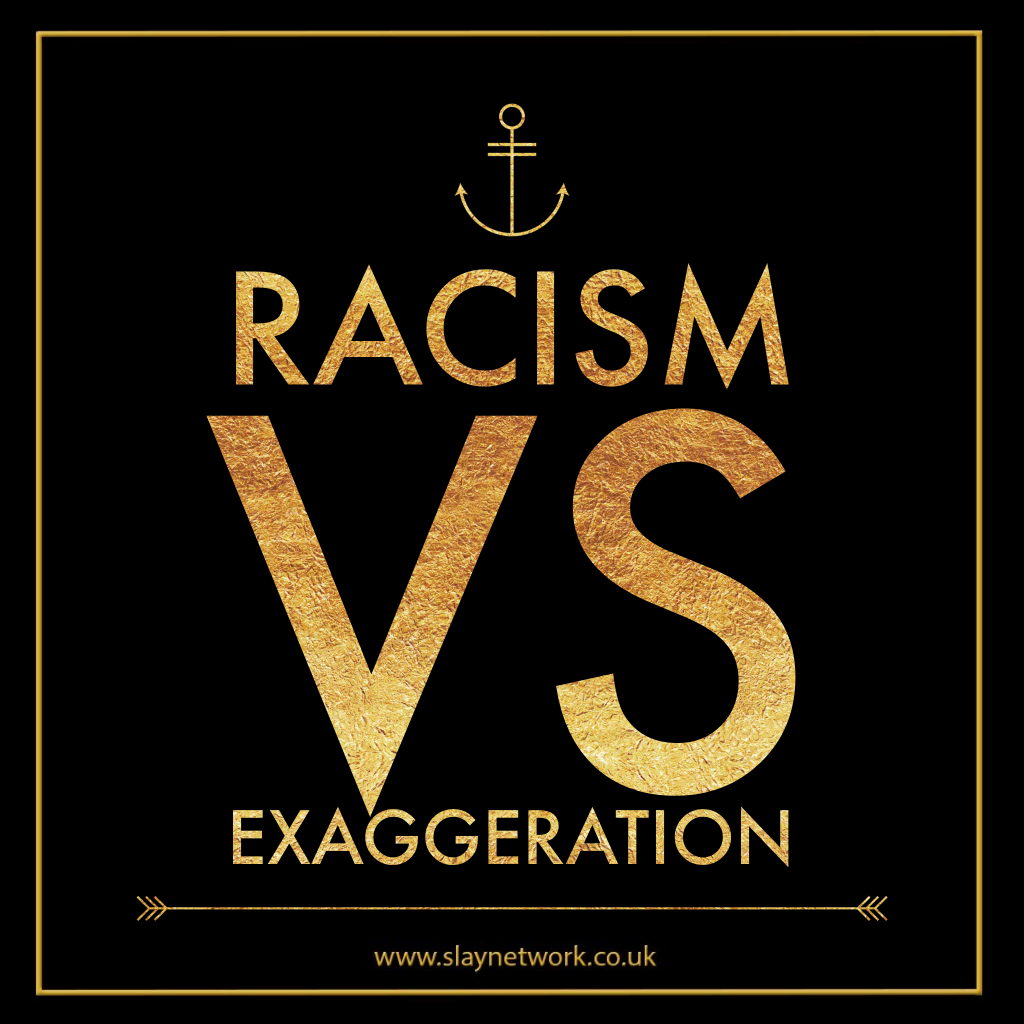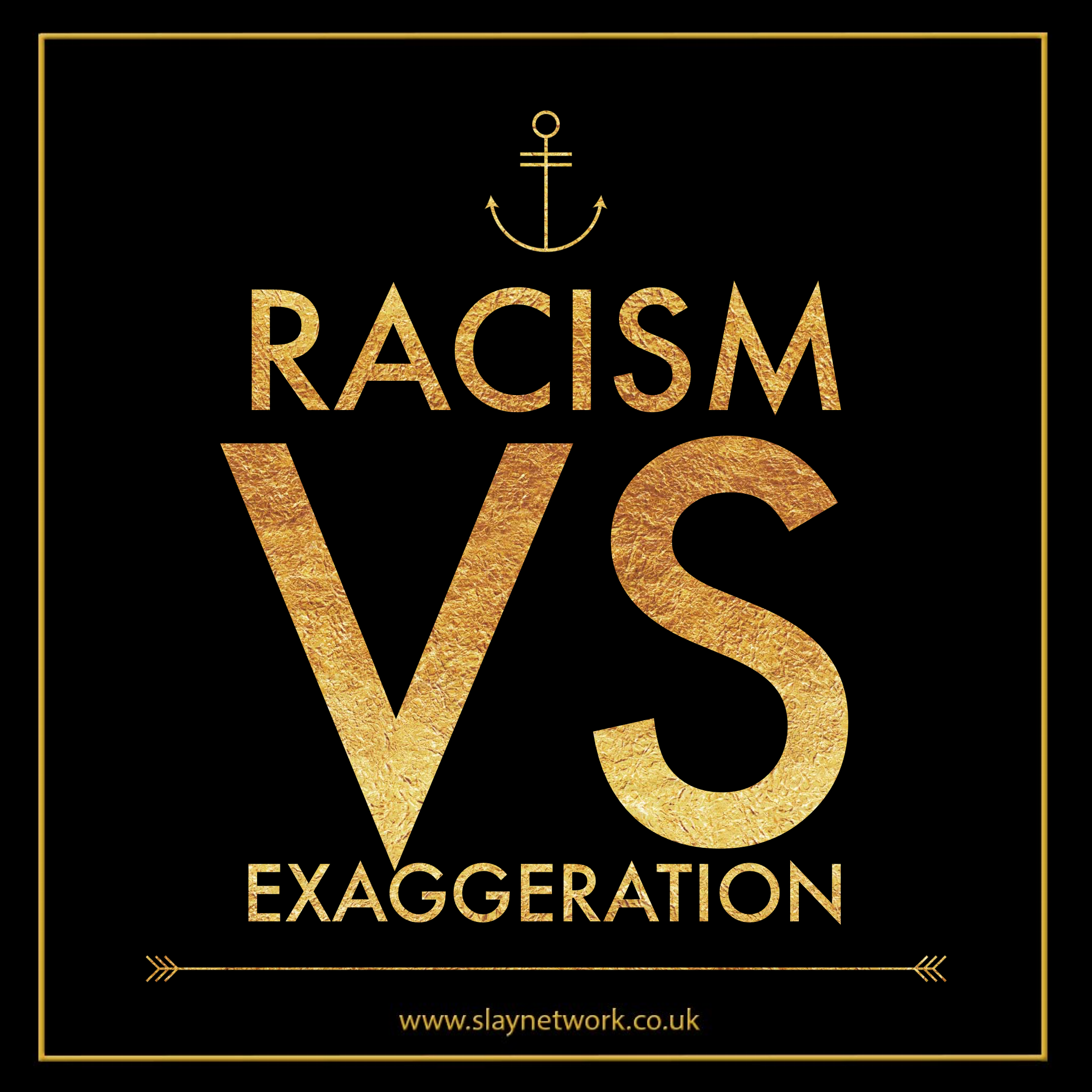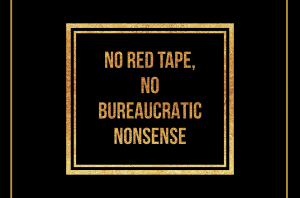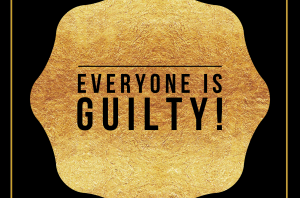
The ‘unwarranted killing of way more black people than white people by the police’ is non-factual for several reasons:
1) Based on the US department of justice research on fatal police killings in the past decade, which covered large urban cities, more white people are killed than blacks. It is a significant difference.
Moreover, more white people are killed ‘unlawfuly’ than black people, this includes, lack of probable cause or use of unjustified lethal force.
While it is true that when adjusted for population disparity, black people are killed more by the police, there is no evidence of a statistical disparity in unlawful police killings based on race.
2) Further, the relative disparity in black killings, regardless of the legality, is not solely based on race.
This is because black interaction with police is much higher in relative terms, due to their disproportionate commission of crimes, than any other racial demographic, which increases the likelihood of a killing.
That is, because US police interactions are often lethal, regardless of race, frequent interactions with police will lead to increased mortality rates for the racial group.
We simply do not know what percentage of police killings are attributable solely to racial animus.
There is simply no sufficient evidence to justify these current rampant assertions.
Regarding the claim of lesser sentencing for white committing heinous crimes, this statement has no basis in fact.
There is some evidence, from the FBI criminal research site, suggesting that white Americans do occasionally receive lighter sentencing for the commission of non-violent offences, especially drug crimes.
However, a close examination of the data reveals that race is not solely, let alone chiefly, at play.
One of the reasons why black Americans may receive harsher sentences, such as longer jail time, for equal offenses is because of unequal access to zealous legal representation.
Simply put, whites, on average, are more likely to have the resources to employ the services of qualitatively better criminal representation to avert a harsher sentence.
Unsurprisingly, even this disparity disappears when one compares blacks and whites from within the same median income. I.e. poor-lower middle income white Americans are also at risk of receiving a harsher sentence compared with their wealthier white counterparts.
It’s a class and economic issue.
Another reason for the sentencing disparity is the role of multiple offences. Black Americans tend to receive ‘harsher’ sentences for said crimes because they tend to have committed prior offences than their white counterparts, which any judge must factor in during sentencing. This is a legacy of the ‘tough on crime’ policy of the 90s Clinton administration, which curtailed judicial discretion in place of mandated sentencing. Meaning that even if a judge wanted to equalize the sentencing, he or she couldn’t.
Your claims of passive and obvious oppression require more specificity.
Are some black Americans often mistreated because of their race? Sure, yes.
The question is not whether racism exists, but the degree to which it does.
My contention is that a country so profoundly racist could not be home to a black community, whom if congregated into a separate nation would possess the highest socio-economic metrics, GDP, GNO, purchasing power, quality of life etc, of any black majority country.
This negates the essence of white supremacy and rampant racism.
To pretend otherwise is to overlook the more complex approach needed to effect police reform.
BINGE ON THE WORLDS MOST INTERESTING ENTERTAINMENT CONTENT FOR FREE NOW
By Chudi Okoye for Slay Politics





